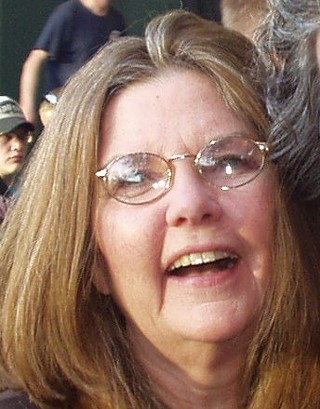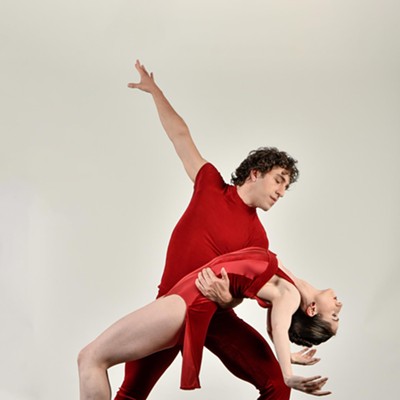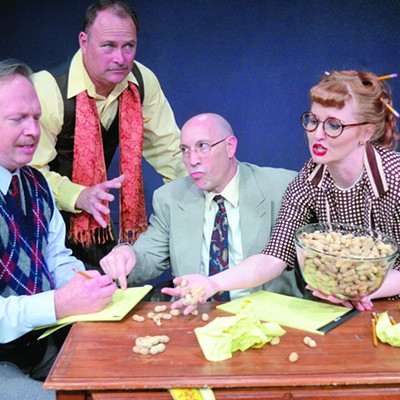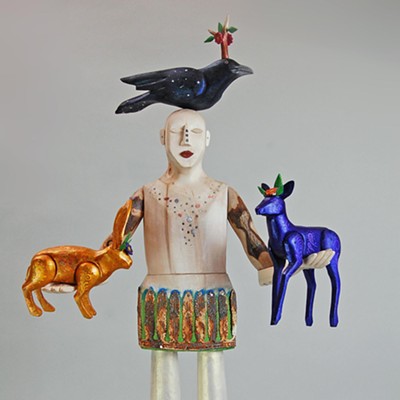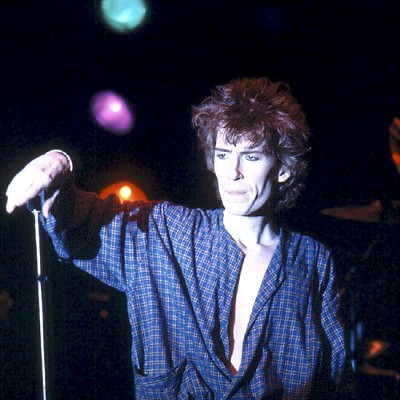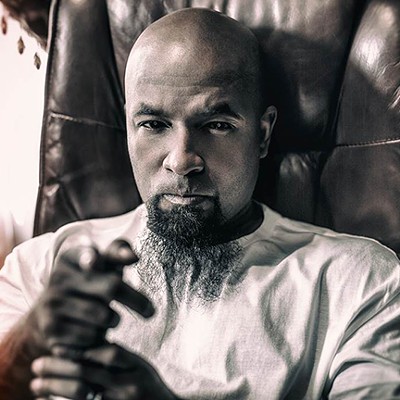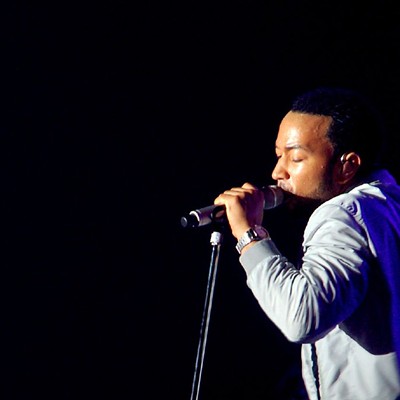If you've succumbed to the hype around the new FOX series, "Empire," you may find the family drama intriguing, especially when gorgeous, but perennially some variation of bitch-faced Cookie Lyon (played by Taraji P. Henson) is slinging her inimitable shade.
The story line fits a prevailing stereotype (Lookin' at you, Fergie) of the rap and hip hop dream: An affluent, stylish life, around making self-regarding music about money, sex, fame, and how to get more of it all.
Hip hop authority HipHopDX.com debunks most of the series' conceptual infrastructure in a Feb. 19 piece, "Empire State of Mind: 5 Things Empire Gets Wrong About Hip Hop." It's well worth the 5-minute diversion to get right with the whole thing. But both the series and the debunking downplay the critical success factor in hip hop's endurance: It's about community as family, and being tight with your crew when the social fabric shreds and you fall right through it.
American Book Award winner Jeff Chang points out that early South Bronx gangs "preyed on the weak," but they also "structured the chaos," providing shelter, comfort and protection for latchkey kids, girls running away from abusive environments and foster kids outside the system, among many others. Hip hop crews are their legacy, mostly scrubbed of violent tendencies.
Failing to understand hip hop culture in the current century is like holding out against a smart phone. Like it or not, hip hop has been and will continue to be the greatest cultural influence of our era, reflected in fine art, architecture, music, dance, graphic design, cuisine and fashion as much as Beaux Arts, Baroque and Art Moderne defined the artistic character of their times.
Anyone willing to come in from the dark would do well to Kindle Chang's book, "Can't Stop Won't Stop," any edition. Or read it the old fashioned way. It maps the evolution of hip hop from U.S. postwar history, and his writing is so compelling I'd read it if it were about fly fishing.
You could also test a soft entry into it all at "The Elements," an evening celebrating the culture of hip hop, at 8 p.m., Saturday, Feb. 28, at the all-ages club 191 Toole. The name is the address. Admission is $5 plus a nonperishable food item. Proceeds support Youth on Their Own, a nonprofit that helps homeless teens finish school and more or less keep their lives together meanwhile.
Organizer Jocelyn Valencia of JRecognize, says that the event not only pays homage to hip hop by bringing the community together, but also goes back to its roots by incorporating "The Elements": MC-ing, breakdancing (b-boy), DJ-ing and graffiti-writing.
Valencia is a new and promising impresario in Tucson's hip hop scene. Personable, entrepreneurial, energetic and community-minded, she sees "The Elements" as a launch pad for her dream business, JRecognize, in which she can combine her passion for music, writing and positivity into fundraising events.
Born in Tucson and raised in Nogales, Arizona, she says, "I've always loved helping others. My first volunteering experience was in Nogales at the local hospital there, and at the elderly home (sic)." She came to Tucson three years ago to attend the UA, where she expects to graduate next year with a degree in Global Studies with a concentration in Human Rights.
Having dispatched a French minor with a sophomore-summer sojourn in Paris, she was considering options for a second minor when she found a flyer for the UA's hip-hop program, the first in the U.S. Officially it's the hip-hop concentration in the College of Humanities' minor in Africana Studies. "It just struck me," she says. "There's a hip hop minor?" She already knew the head of the program, Dr. Alain-Philippe Durand, a professor of French and the author of, among many other things, "Black, Blanc, Beur: Rap Music and Hip-Hop Culture in the Francophone World." (He has lectured at Playground on the topic as part of the "Show and Tell" series by the UA's Confluence Center for Creative Inquiry.)
After her first course, "Rap, Culture, and God," she declared the minor and began thinking about a summer internship. She sent out resumes and writing samples to the biggest, most influential hip hop organizations she could think of, and soon scored an internship in Hollywood with Justin Hunte, the editor in chief of "HipHopDX," for Cheri Media. He became a mentor and an inspiration.
"When I got back from my internship in L.A., I was more involved with the music scene here," Valencia says, "and that's how I started to realize that there's actually a really big hip-hop scene here. It just kind of sparked something in me that maybe I should get something going here to incorporate different elements of hip hop." She began organizing the event based on experience she'd gained at HipHopDX.
Her sister, a local DJ, suggested that she make YOTO the beneficiary. "You know hip hop is all about overcoming struggle and helping youth and self-expression," she says. "So I went over to their offices, learned more about what they are, what they do, why they do it, and I just fell in love."
As the plans were falling into place, the UA's Africana Studies Department came on board as a sponsor and lent credibility and heft to what had heretofore been driven by little more than Valencia's confidence and determination.
As of press time, Valencia was lining up raffle prizes for the action-packed event, which includes performances by Chozen Profit, Combine Vines, Young One Era, Lando Chillrissian, Paraphrase, Marley B, Jaca Zulu of the Honor Roll Gang and, from Phoenix, Injury Reserve and Izzy Mintz. Smash Lames (Ike Romero) and DJ Alias are the DJs. Dance crews are from The Drop Dance Studio and Black N' Blue Dance Crew. Dante Eger and Dio create art live. In addition to vendors of hip-hop related merch, businesses and organizations will have information tables.
It's a big event with many moving parts, or "Elements." On her website Valencia writes, "To me, the Hip Hop culture means/is made up of an accumulation of many positive things. I still have a lot to learn but I like to think Hip Hop makes its way into people's lives at the right time."

